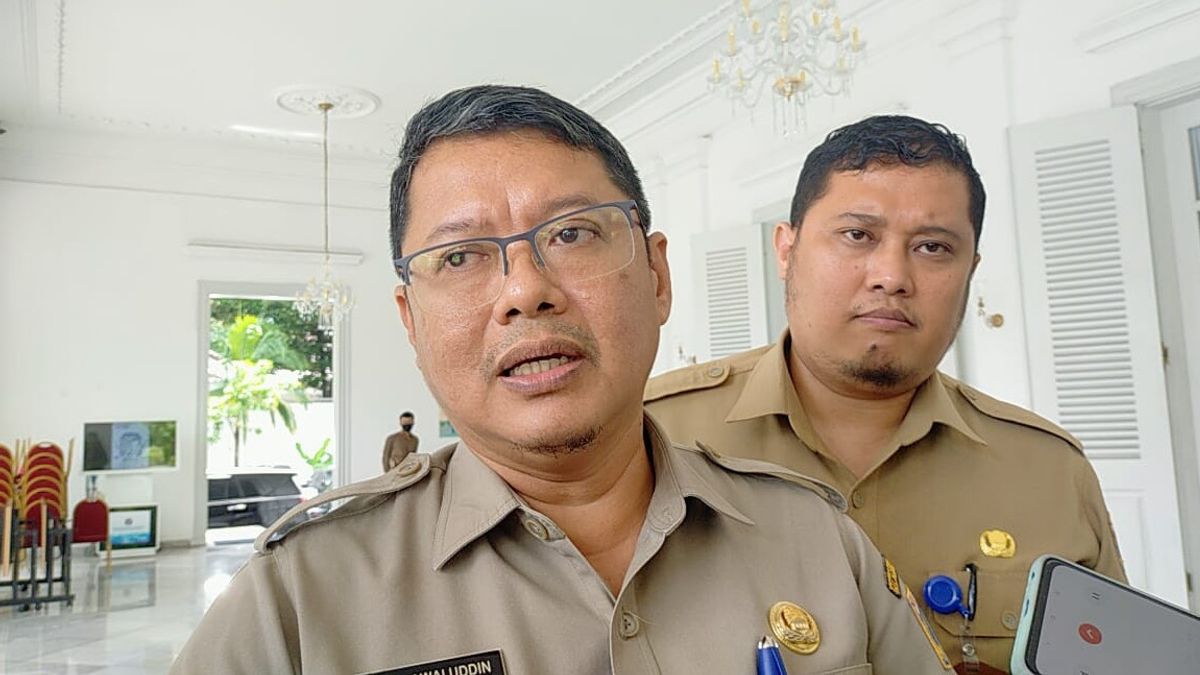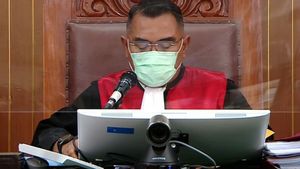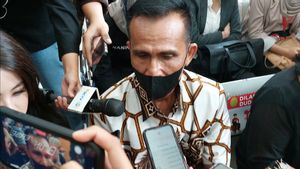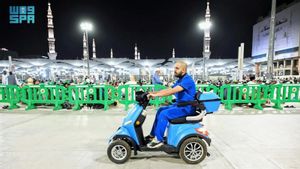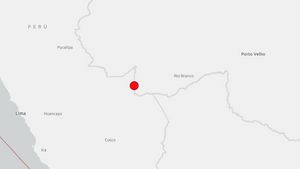JAKARTA - The DKI Jakarta Population and Civil Registration Agency (Disdukcapil) has noted that there has been an increase in the number of newcomers entering Jakarta over the past few years.
Head of DKI Jakarta Disdukcapil Budi Awaluddin said, as many as 113,814 people entered Jakarta in 2020, 139,740 people also entered the Capital City in 2021, and as many as 151,752 people in 2022.
During the last three years, the composition of newcomers was female more than male.
"If we look at it, the number of migrants entering Jakarta from 2020 to 2021 is 18.55 percent. Then, from 2021 to 2022 it will be 7.92 percent," said Budi at the DKI Jakarta City Hall, Tuesday, February 14.
Budi takes a picture of the reasons for the massive number of newcomers entering Jakarta every year. According to him, this happened because Jakarta is a city that provides an attraction for increasing one's welfare.
"There will be a slight increase from 2021 to 2022 because Jakarta really has its own charm. So, many residents want to try their luck in Jakarta," said Budi.
Based on their educational background, Budi continued, 75 percent of new arrivals entering Jakarta have a senior high school education or equivalent. Then, almost 50 percent of newcomers have no income.
"This is what we need to pay close attention to and respond to well regarding the trend of migrants in Jakarta in recent years. So, we see that those who come to Jakarta are those with high school education and below and half of them have no skills," he said.
SEE ALSO:
Last Sunday, February 5, the Acting (Pj) Governor of DKI Jakarta asked the ranks of the RW, lurah, and sub-district head, to the mayor to pay attention to the arrival of migrants. He said, the influx of migrants to Jakarta has burdened the DKI APBD.
"Today I ask the Mayor, Mr. RW to pay attention to the movement of residents from one area to another. We DKI Pemda cannot ban it. But, in the future the DKI APBD will be burdened," said Heru.
Heru gave an example of one of the conditions caused by a large number of immigrants to the capital city. In health care facilities at the Jakarta Hospital, the government cannot forbid residents from outside Jakarta to undergo treatment.
Finally, like it or not, the DKI Provincial Government must increase its treatment capacity so that Jakarta residents can also be accommodated and treated in hospitals belonging to the area.
"Just as an example, in South Jakarta, one of them has a Pasar Minggu Hospital. Out of 14 patients in one room, 9 patients are residents outside DKI. The rest are DKI residents. What does that mean? The DKI Regional Government will become a burden. Pasar Minggu Hospital must be enlarged, Regional Government DKI is obliged to add more beds," he explained.
The English, Chinese, Japanese, Arabic, and French versions are automatically generated by the AI. So there may still be inaccuracies in translating, please always see Indonesian as our main language. (system supported by DigitalSiber.id)
